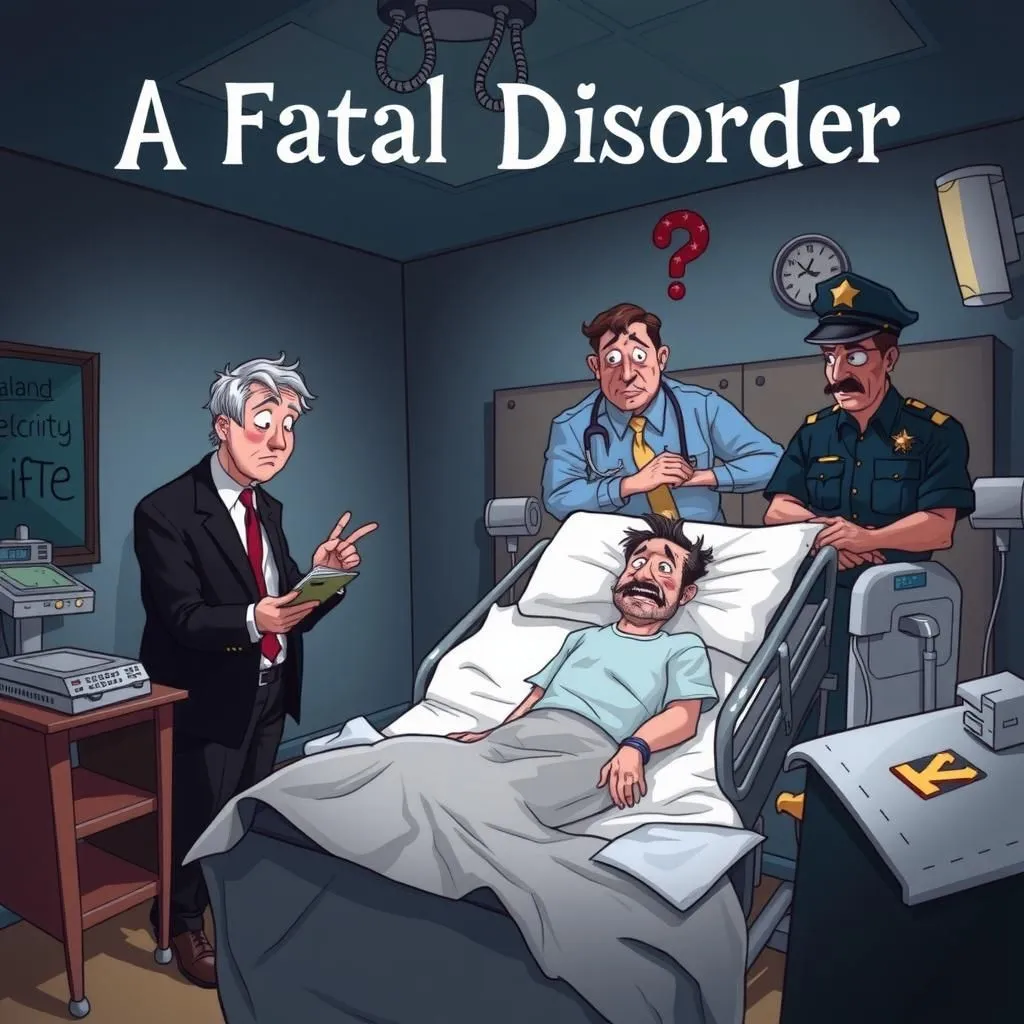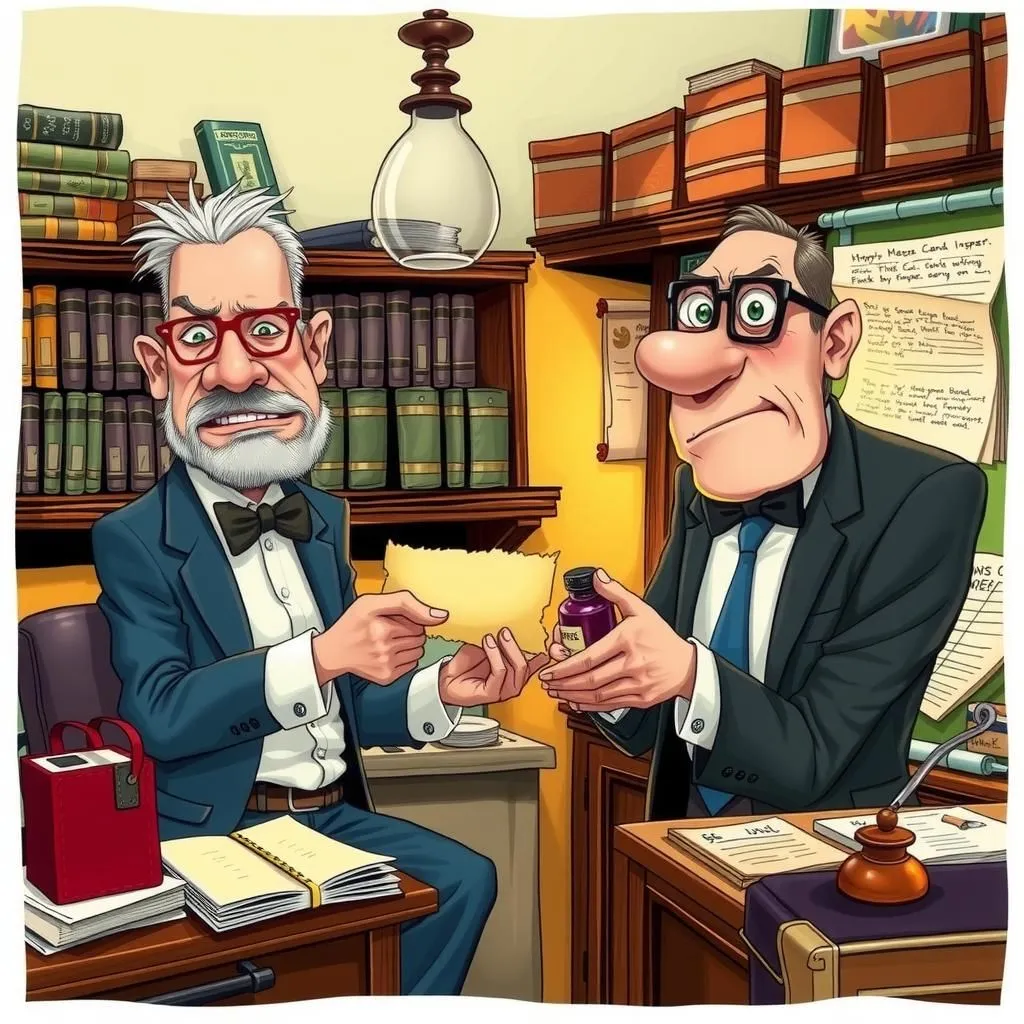
Truth and the Traveller
In "Truth and the Traveller," a man wandering through a desolate desert encounters a woman named Truth, who explains she resides there to be close to her worshippers, often cast out from society. This poignant fable story with moral highlights the solitude faced by those seeking genuine truth, making it a concise moral story that resonates even in humorous tales for kids. Ultimately, it reminds us that true understanding often comes from embracing hardship and isolation.


